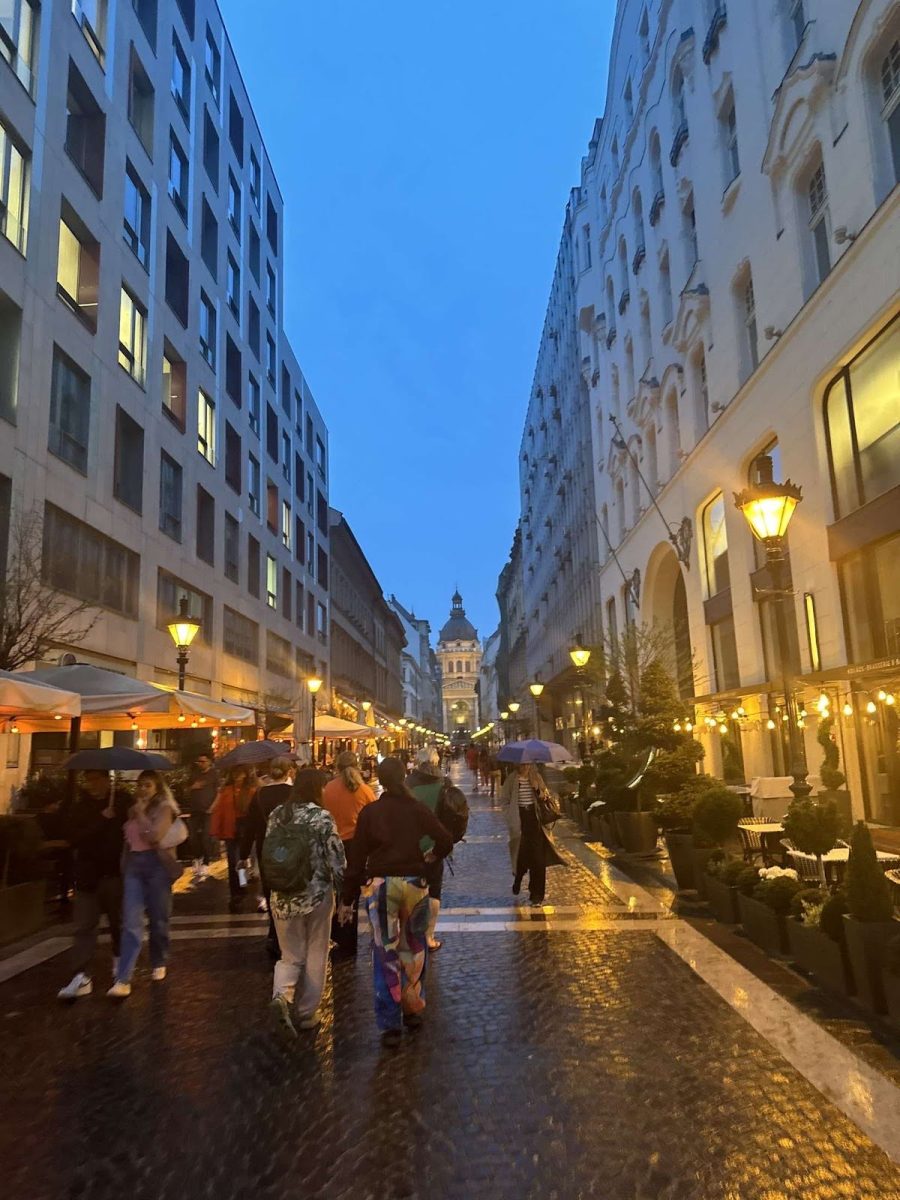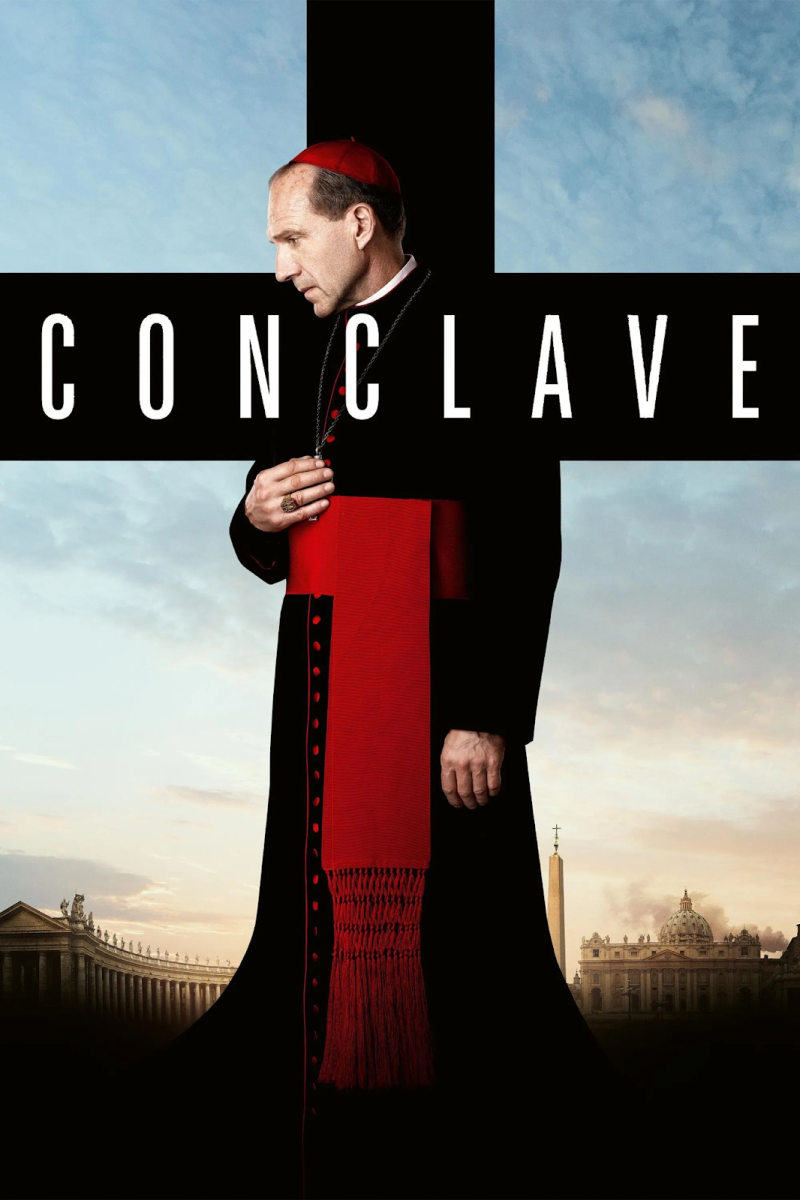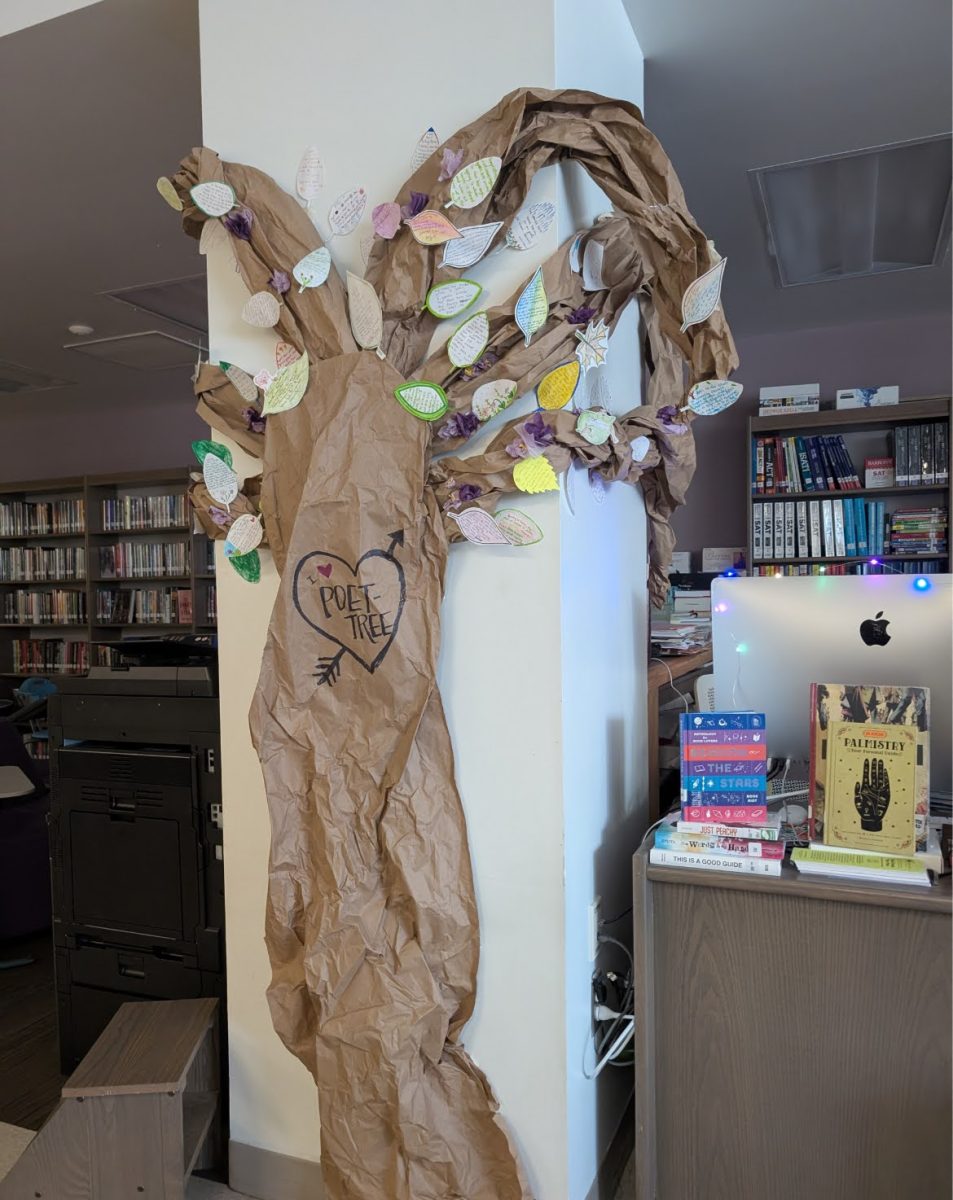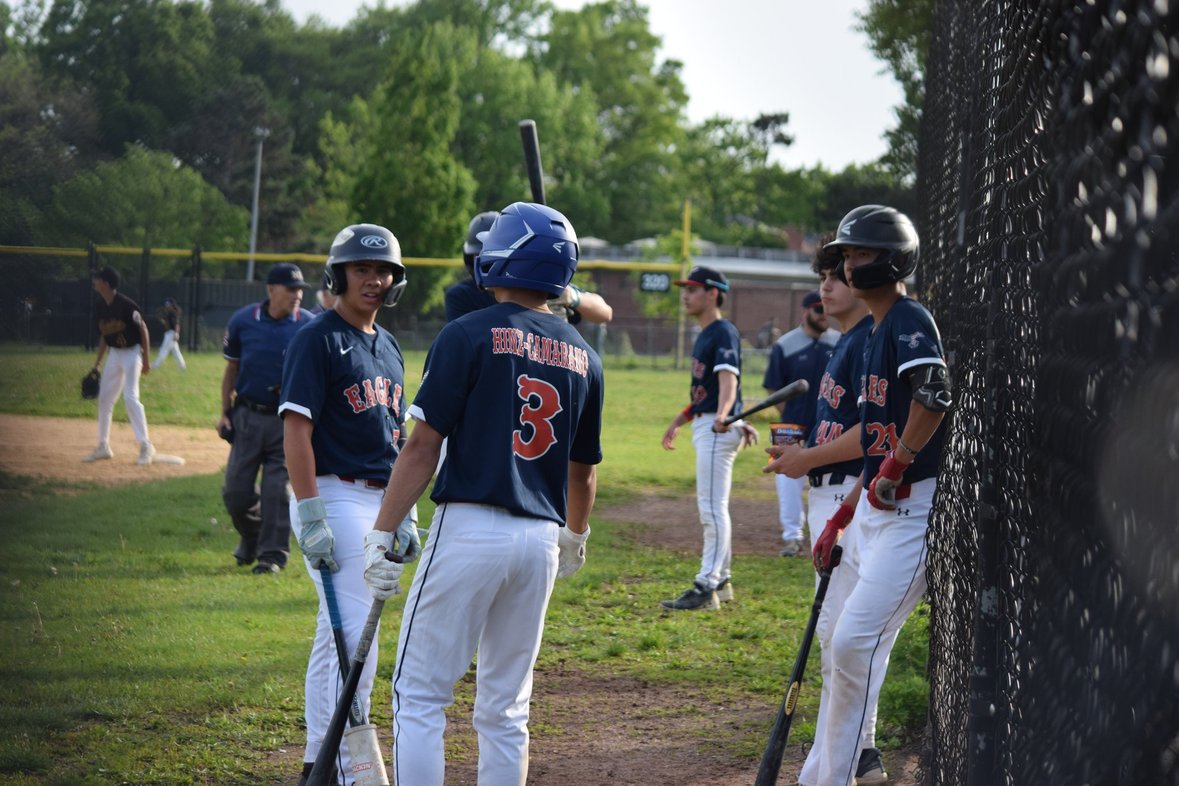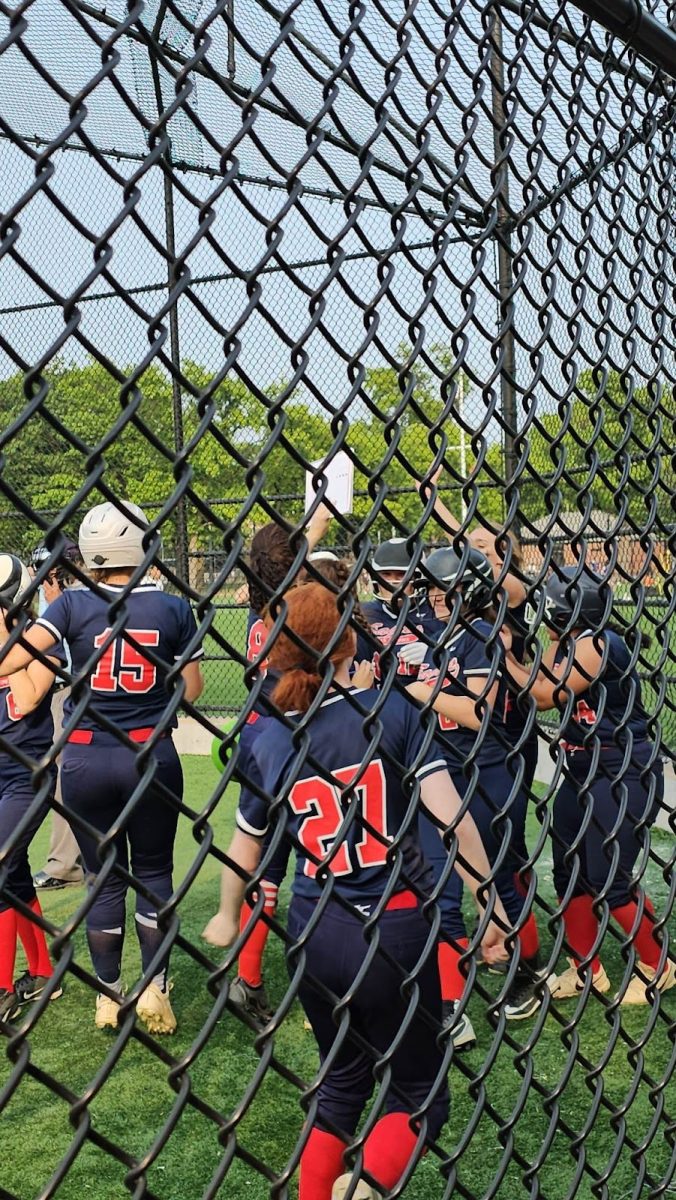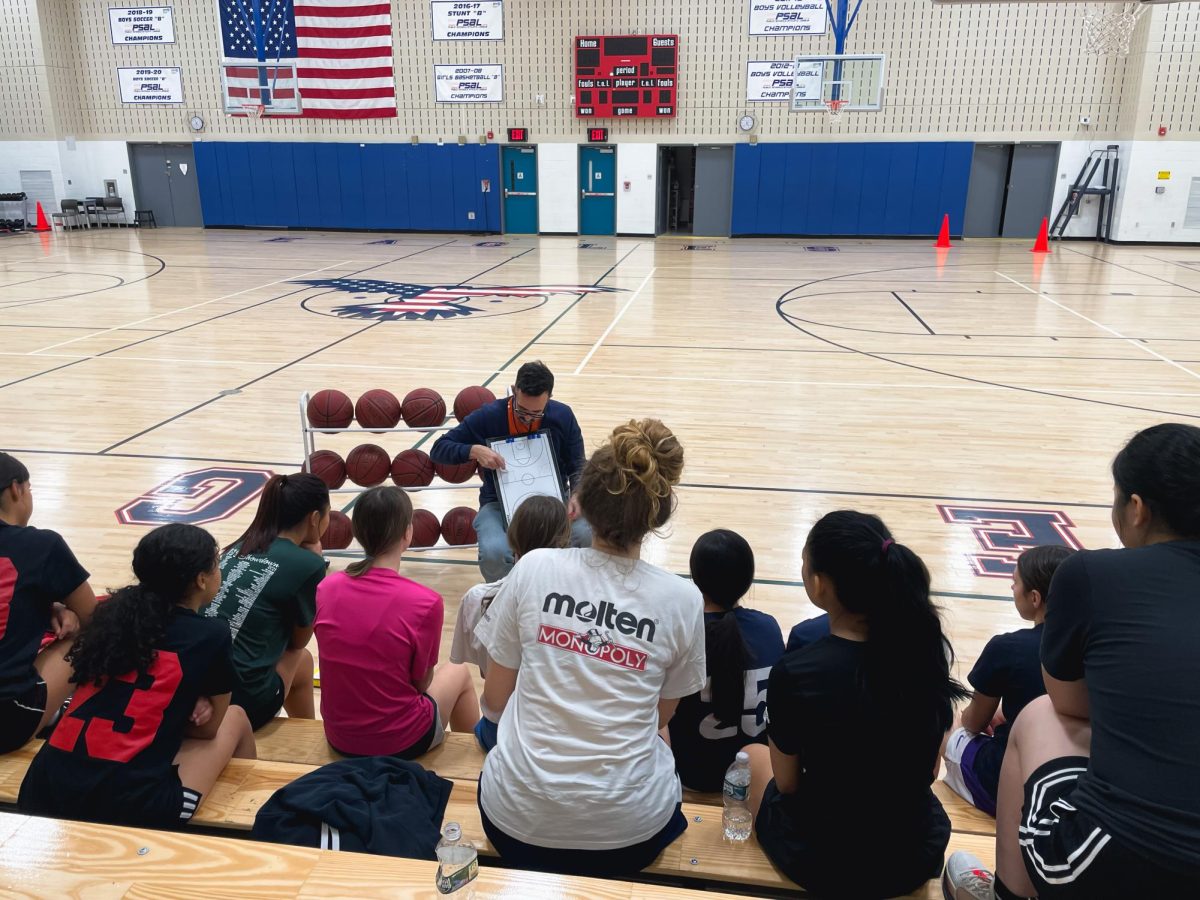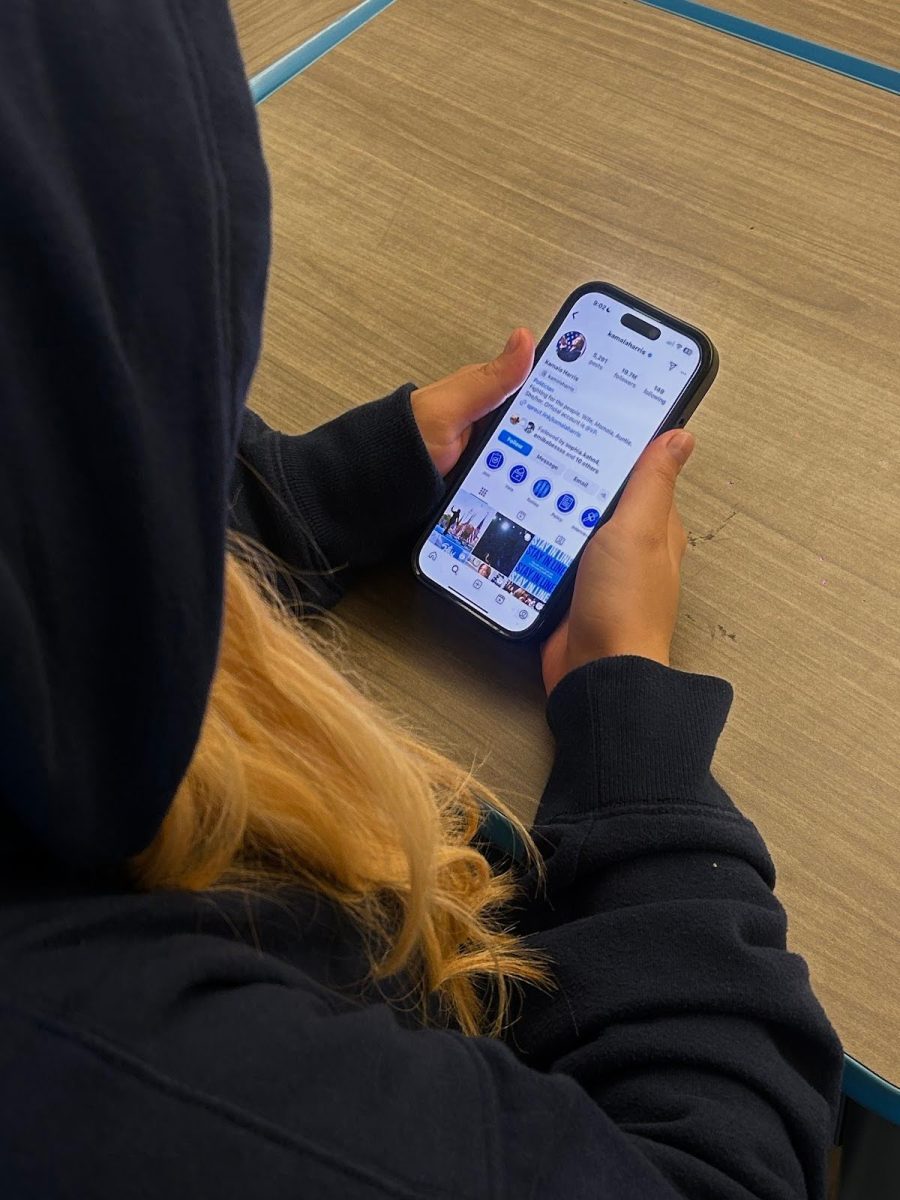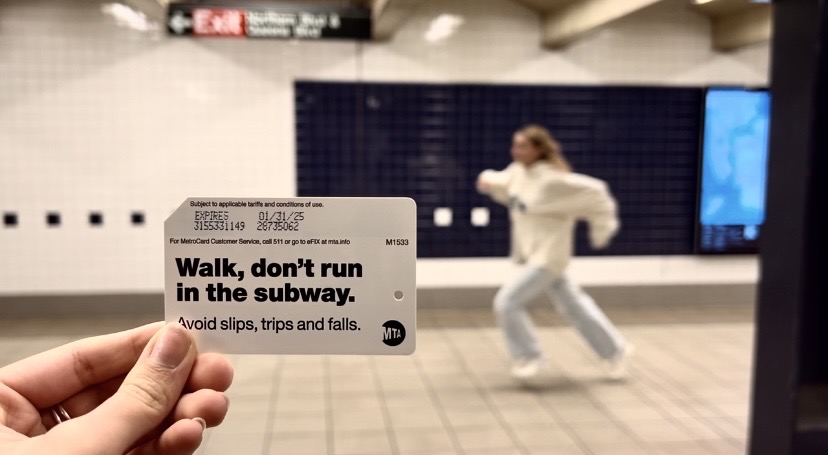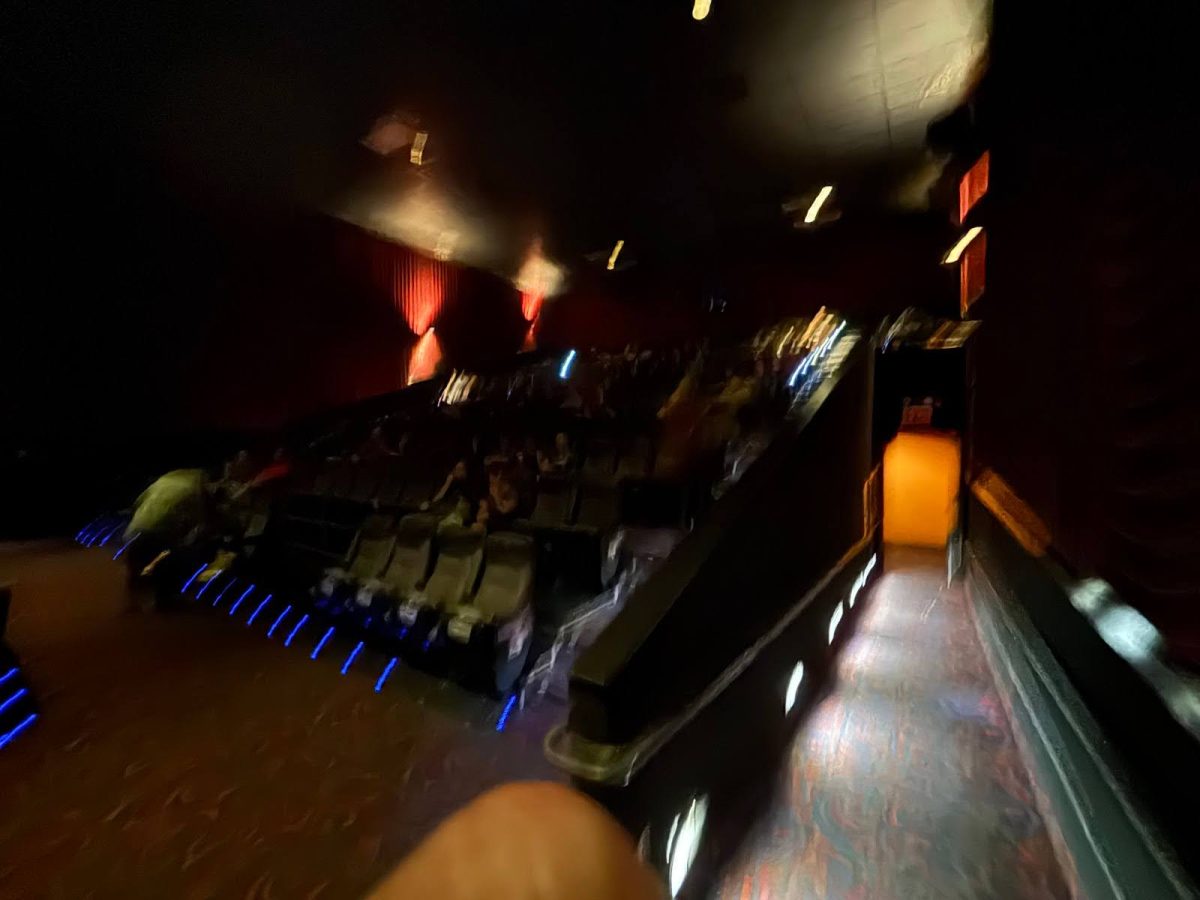It’s a Tuesday morning in Queens, and the E train is late. Again. You check your phone: 7:32 a.m. You were supposed to be on your way to school or work ten minutes ago. The platform is crowded, people are anxious, and you already know: you’re going to be late. Again.
Queens is one of the most diverse places in the world, but when it comes to public transportation, we often get the short end of the stick. Trains are delayed, buses are slow, and some neighborhoods don’t even have subway access. Meanwhile, fares keep going up.
If you live in Eastern Queens, your commute could be over an hour each way. For students, healthcare workers, and parents juggling multiple jobs, these delays aren’t just annoying, they’re stressful, expensive, and often devastating.
The MTA says its subway on-time performance is around 70-80%, but for people stuck on delayed trains, those numbers don’t mean much. In Queens, where options are limited, being late to school or missing work is a common problem.
This issue is worse in lower-income neighborhoods. The NYU Rudin Center’s report shows that many people in these areas face long commutes, often over 45 minutes one way. Some even live in “transit deserts,” with no subway access at all. This isn’t just inconvenient, it’s unfair.
Delays cost New Yorkers big time. The NYC Comptroller found that unreliable transit costs the city $1.2 billion a year in lost wages. One in four low-income residents has missed a job interview or work because of late trains. This isn’t just a system failure, it’s a human one.
Some argue that the MTA already gets enough money, but we can’t let mismanagement stop us from fixing the system. Groups like TransitCenter and Riders Alliance are already pushing for better funding and planning. We should support them.
We need real investment in areas like Eastern Queens, where people are left behind. We need to freeze fare hikes until service improves. We need OMNY systems that work for everyone.
Reliable public transit isn’t a luxury, it’s a lifeline. For thousands of people in Queens, it’s how we get to school, work, and appointments. We’re not asking for perfection. We’re asking for fairness, dignity, and a city that works for all of us.
